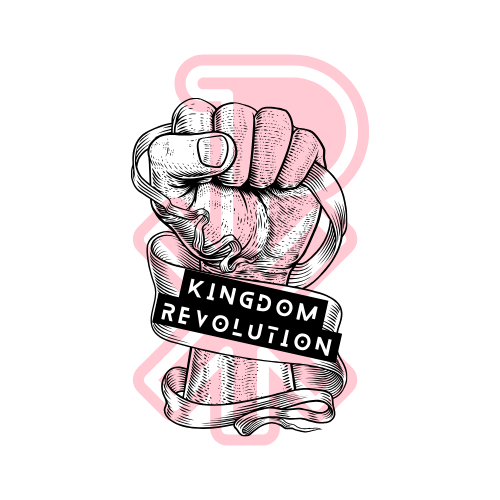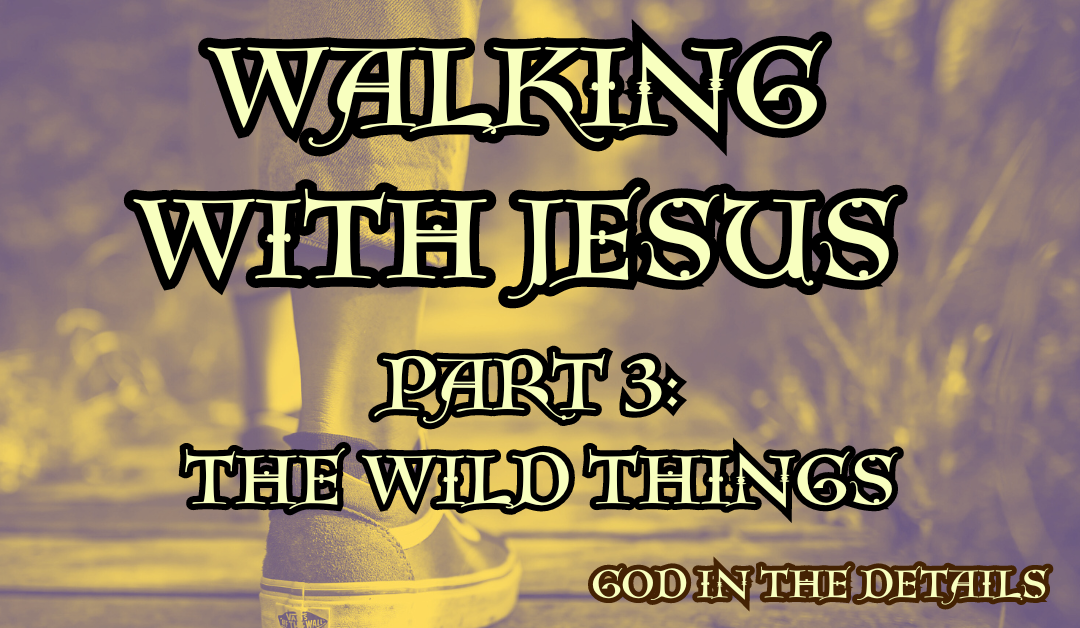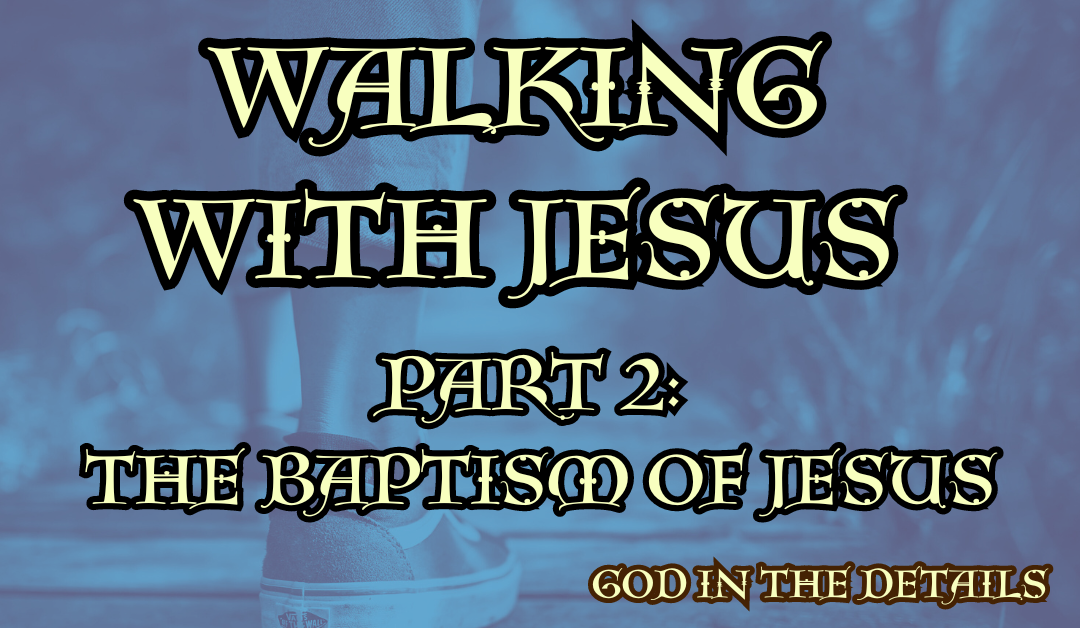
Understanding Step 3: God
“Made a decision to turn our will and our lives over to the care of God as we understood Him.”
Step 3, Alcoholics Anonymous
“But grow in the grace and knowledge of our Lord and Savior Jesus Christ. To him be glory both now and forever! Amen.”
2 Peter 2:18, NIV
Step 1 is very much about realizing and admitting that there is a problem. Honesty.
Step 2 is about realizing and coming to believe that there is a solution – a power (the group) and a Power (God) greater than ourselves. Hope.
Step 3 is about surrender – or on a much deeper level, FAITH.
In our secularized society we shy away from talking about God – but the fact is, as I pointed out in a previous post, that although we can start our recovery journey without God, we cannot sustain it without Him.
But here is the problem: while some of us may have a foundation to build on – perhaps from Sunday School or growing up in a Christian home, many of us have no foundation at all.
Our concept of God is that of a foreign and far-removed, almost alien being who is indifferent to our struggles and difficulties here on earth – some of us even choose to believe that there is no God at all.
If at this point of your journey you are still at odds with the idea of God, struggling with the concept of faith in Jesus, I would urge you to focus, for now, on the support structure you have in place. In twelve step fellowships some of our more agnostic brothers and sisters have often used the word ‘God’ to refer to ‘Good Orderly Direction’.
My prayer is that you will see God at work in the group you have joined and that this will ultimately lead you – direct you – to Him. Surely, if the program was rooted in Christian belief, inspired by His Spirit, then the principles at work in the program will be a reflection of His heart for you.
I therefore urge you to devote yourself to this program as the means through which you will get to know Him – as the God of our Salvation, the Mighty One who Saves.
At this point in the journey each person will have their own understanding of who God is – some more than others – but our lack of a concept of God should not become an excuse to avoid working the program.
Faith, according to the Bible, is the assurance of things hoped for, the conviction of things unseen (Hebrews 11:1).
You might not see the full picture of God at the moment – you might be relying heavily on secondhand information and the testimonies of others – relying on Good Orderly Direction on your way to a better understanding of who He is and His will for your life – but that is where faith comes in.
Faith, in this case, means putting just a little bit of trust in God – however you might understand Him at this point. Even if the only thing you understand about God right now is the fact that He has been the solution for someone else – that is a good start. “What You have done for others, Lord, please do for me!”
Step 3 urges us to surrender our will and our lives to God as we understand Him – and this is a daily step we take. Every morning when we wake up we need to make the decision again – the decision to trust that there is a God who has a better plan for my life than I have for myself.
It means letting go of ego and pride – keeping an open mind and giving Him a chance. In giving God a chance we give ourselves a chance for change.
Peter urges us (2 Peter 3:18) to grow in our understanding and knowledge of God – to grow in our relationship with Him and to start experiencing Him firsthand. To surrender your will and life is to pursue God and His will for your life. And as we grow in knowledge and understanding we will also grow in grace.
It is my prayer for you that you will give God a chance, making the decision today to turn your will and life over to Him – give Him your mess so that He might turn it into a message, let Him turn your test into a testimony.
If you have reached this point, much like I did, you will see that you really don’t have that much to lose, but actually have a lot to gain.
And in practice it is actually quite simple. There are many good Christian devotionals available, especially for those of us who are in recovery. I would recommend you find one that works for you and start a daily practice of reading, prayer and meditation. Just 15 minutes a day would be enough for anyone to start.
Your prayers don’t have to be complicated – in fact, the Alcoholics Anonymous Big Book has a prayer for every step – and you can find them for free on the internet, along with many other resources for prayer.
Finally, Bible Study is a great way to learn about God and grow in your relationship with Him. Once again, there are many great resources available for free but I would recommend purchasing the Life Recovery Bible by Tyndale or downloading the free YouVersion app if you can’t afford a Bible at the moment (we’ve all been there!).
It is my conviction that God is real, that He has revealed Himself in Jesus and that He loves us! He really loves us! And this is a thought that is often difficult to reconcile with the realities of life in a broken world – but He does. His will for your life is freedom and life in abundance. Give Him a chance. You have nothing to lose.
Prayer: Lord, help me grow in my understanding of You, Your Will and Word. Help me turn my eyes away from my past and towards the future You have in store for me. Let Your Spirit convince me of Your love for me – and let Your love drive me towards a greater destiny than I could ever have in mind for myself. Help me to surrender – to give over – to the love You showed in Jesus. Help me pour out all I am for more of You. In Jesus name. Amen.
If you have chosen to take this leap of faith or have any questions regarding this post, please reach out to me: andre@adlabuschagne.co.za / 0653703806. We would love to journey with you!




